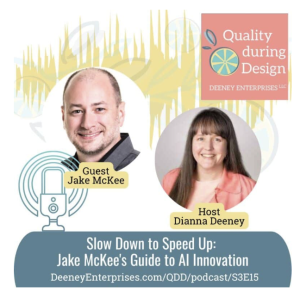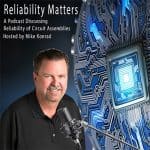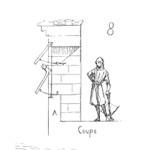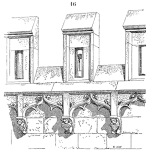
Get to know Zoidii CMMS and the Journey Story with Co founder Jeff O’Brien
Jeff O’Brien, Co-founder of Zoidii, joined CMMSradio to share his journey story including background and previous CMMS ventures leading to building and launching Zoidii CMMS. Tune in to get to know Jeff and this brand making waves in the CMMS and maintenance industry.
Connect with Jeff on LinkedIn and find Zoidii at https://zoidii.com/



 Dianna Deeney
Dianna Deeney




 Ask a question or send along a comment.
Please login to view and use the contact form.
Ask a question or send along a comment.
Please login to view and use the contact form.